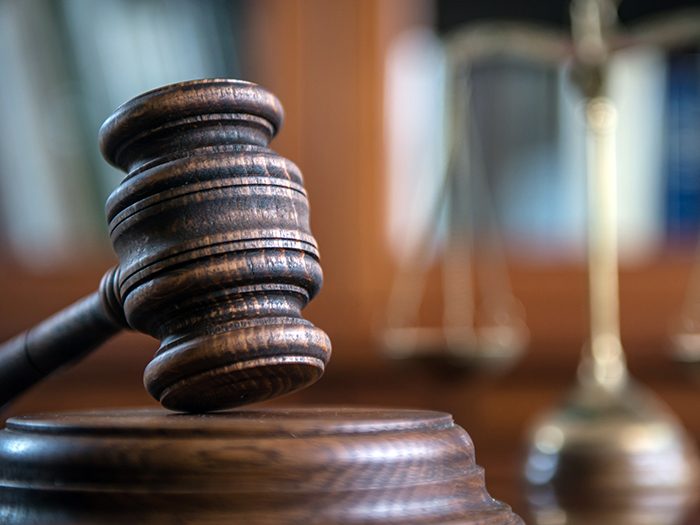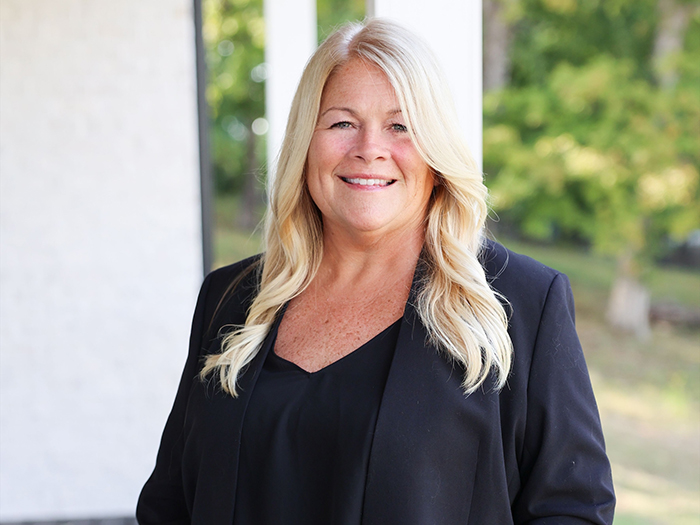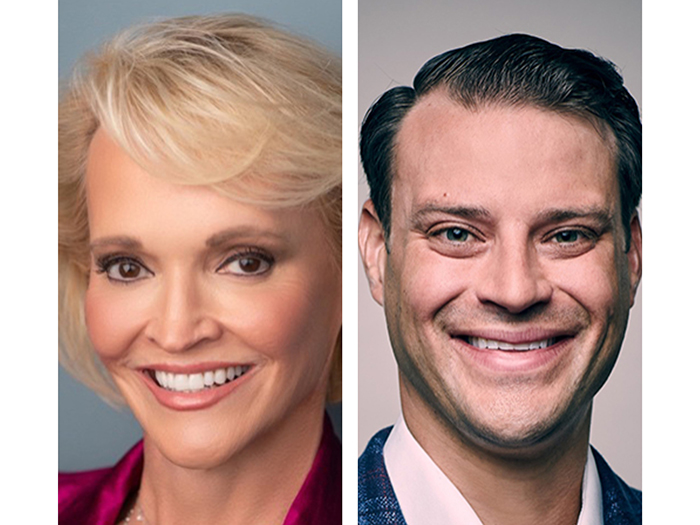Legal Roundup: McDonald’s Faces Discrimination Practice Suit, the U.S. Capitol Takes on Instacart and More

52 Former McDonald’s Franchisees Claim Discriminatory Practices
The Case: A group of 52 former Black-owned McDonald’s franchisees have sued the company, claiming that McDonald’s “denied them the same opportunities as white franchisees, and steered them instead to ‘locations that are destined to fail,’ ” according to ABC News.
The franchisees say they were given “locations with low sales, high security and insurance costs, and were essentially a ‘financial suicide mission.’ ”
They also claim the company denied them growth opportunities and assistance to stem financial hardships. In a statement to ABC News, McDonald’s categorically denied the claims, saying it’s committed to diversity.
It says the “allegations fly in the face of everything we stand for as an organization and as a partner to communities and small business owners around the world.”
Scorecard: The case has just recently been filed and has not yet come to a resolution. The plaintiffs are seeking between $4 million and $5 million per store.
Takeaway: With the fight against racial inequality top of mind for many, Corporate America is being asked to do its part.
In this case, former franchisees want McDonald’s to atone for what they allege are past inequities. In other instances, companies are hoping to showcase their inclusive practices to please an increasingly discerning consumer base.
CNBC reports that 81% of consumers “agreed that CEOs should express or reaffirm that their company’s hiring process is equitable and accessible to diverse populations, and that they should provide specifics about how they will ensure that.” It also reported that nearly 70% “said how a CEO reacts to an issue, such as the Black Lives Matter movement, would permanently affect their decision to buy from the company.”
In response, companies are taking action. Starbucks now allows store-level employees like baristas to view internal promotion opportunities. Meanwhile GM formed an Inclusion Advisory Board chaired by CEO Mary Barra.
Instacart Sued by Washington, D.C. Over Service Fees
The Case: Popular delivery service Instacart has been sued by Washington, D.C. over its fee structure.
The District wants back taxes stemming from an optional service fee added to grocery orders over nearly two years. CBS News reports: “Court documents also allege that customers were led to believe service fees were tips for delivery workers. But instead of using the money to boost workers’ pay, Instacart pocketed the fees and hasn’t paid sales tax in six years, [Attorney General Karl] Racine said Thursday.”
Scorecard: The case has just recently been filed and has not yet come to a resolution.
Takeaway: It’s the second big lawsuit facing the company.
The first came in 2015 when workers claimed they were misclassified as independent contractors. That case settled for $4.6 million, CBS News reported.
Meanwhile, Instacart continues gobbling up market share as it faces off against GoPuff and others. It recently signed deals with 7-Eleven, Walmart, and The Vitamin Shoppe.
Uber Employees Sue Over Low Stock Price
The Case: Nearly 200 Uber employees have sued the ridesharing company, alleging they were granted stock at too high a price, costing them millions.
CNBC reports that employees “allege that Uber accelerated the date it would issue shares to employees, in breach of its agreement. They claim the earlier date, which locked in their shares at the IPO share price of $45, benefited Uber by eliminating risk that the shares would be worth more later on, which would cost it more in compensation expenses.”
After a six-month lock up period, the shares were worth $27 but the employees still pay tax at the $45 level — costing them a collective $9 million in extra income tax liabilities.
“The employees claim in the lawsuit that Uber knew the acceleration was risky, in part due to the fact that its closest competitor, Lyft, had seen its stock price fall after an IPO earlier that same year,” according to CNBC. Uber said the claims are without merit.
Scorecard: The case has just recently been filed and has not yet come to a resolution.
Takeaway: Many startups lure talent with the promise of company stock ownership — particularly in the early stages when long hours and uncertainty are the norm.
Employees who forgo their typical salary rates and help a company grow into a mega-success like Uber will expect major payoffs. &











